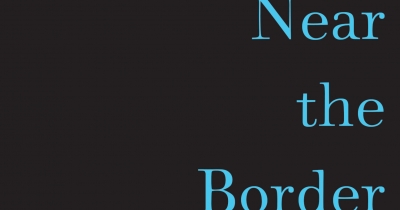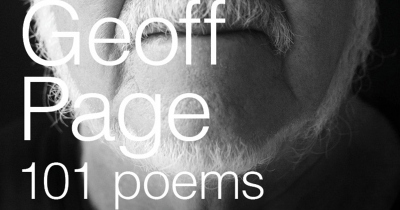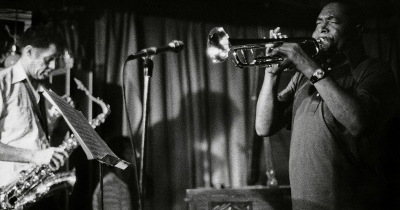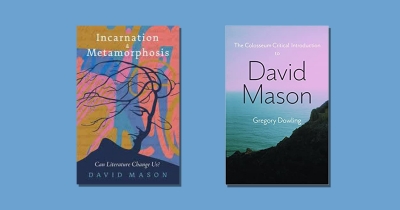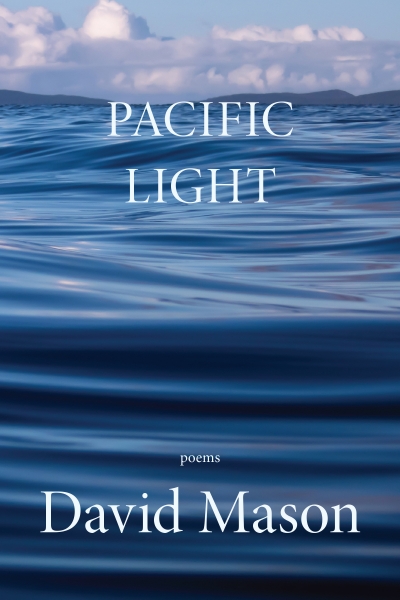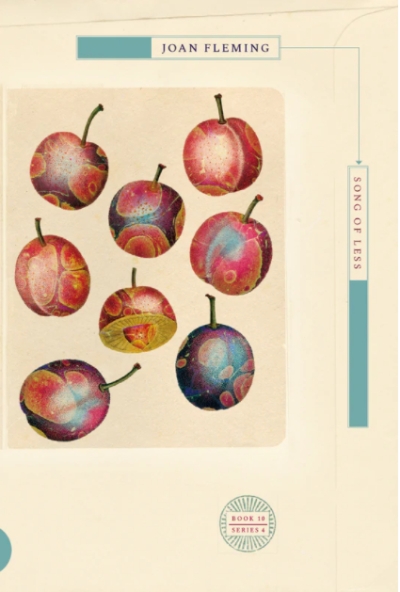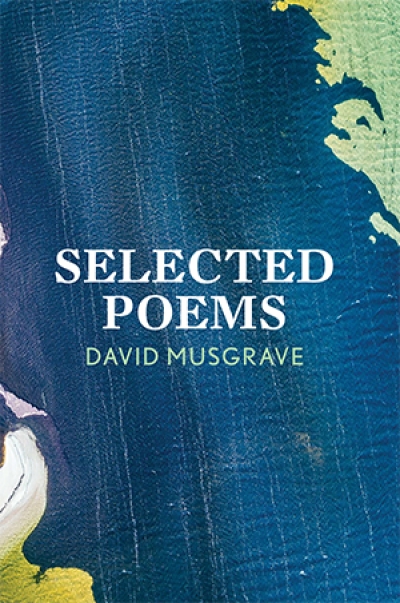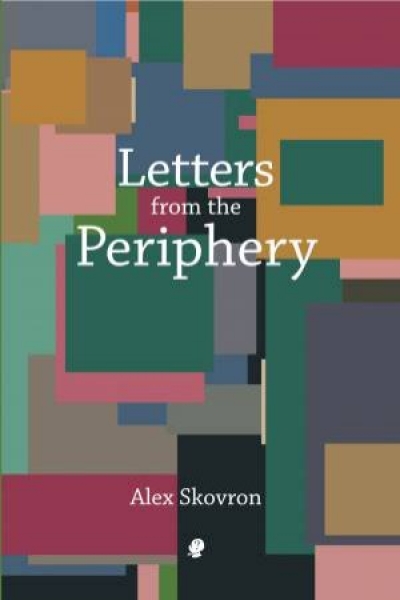Geoff Page
Near the Border: New and selected poems by Andrew Sant
by Geoff Page •
'Endings', a new poem by Geoff Page. ... (read more)
Incarnation and Metamorphosis by David Mason & The Colosseum Introduction to David Mason by Gregory Dowling
by Geoff Page •
‘Down with Beauty! Long Live Death!’, a poem by Geoff Page
... (read more)
